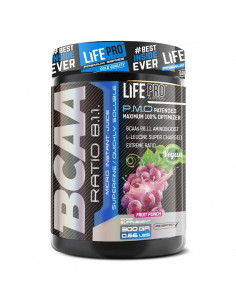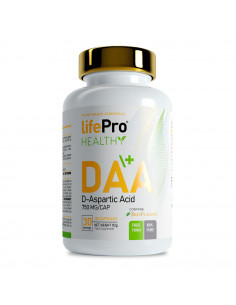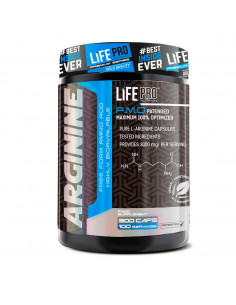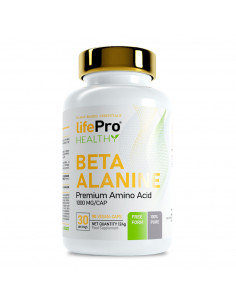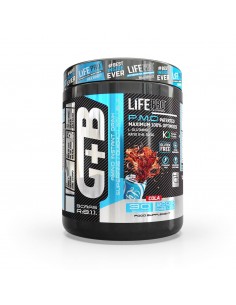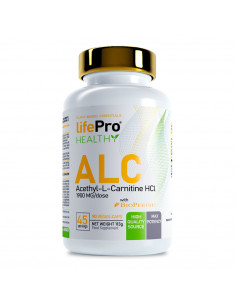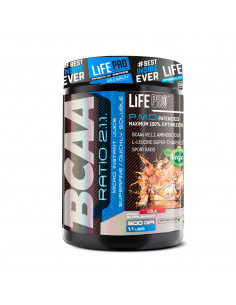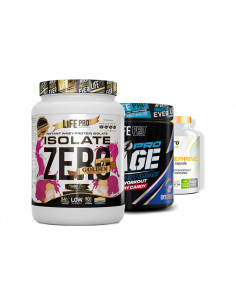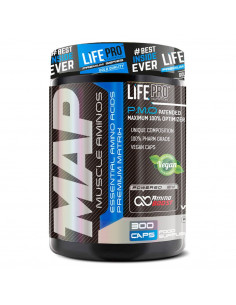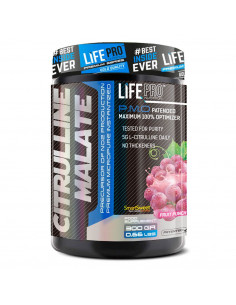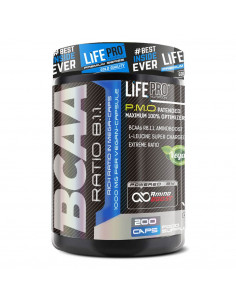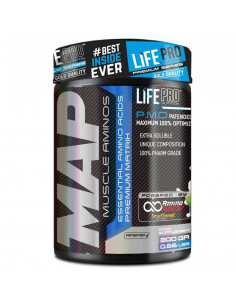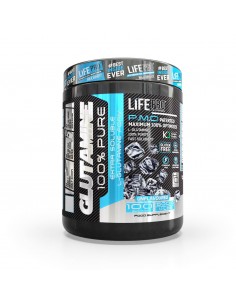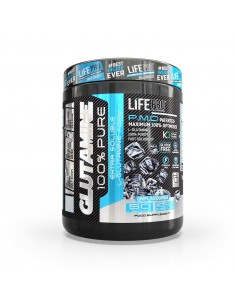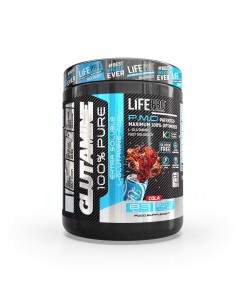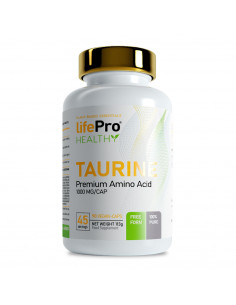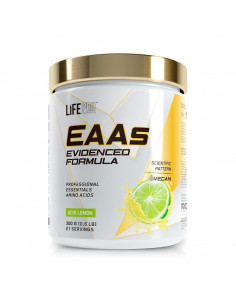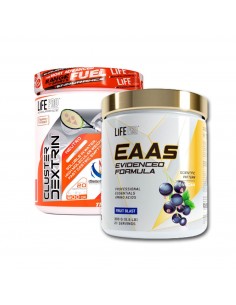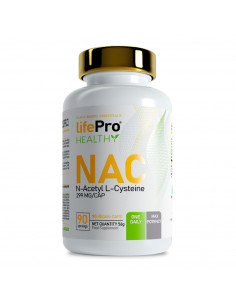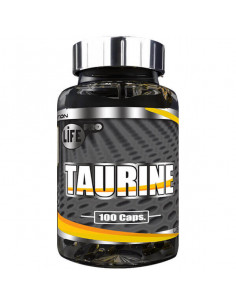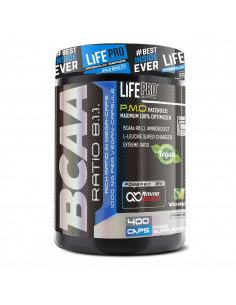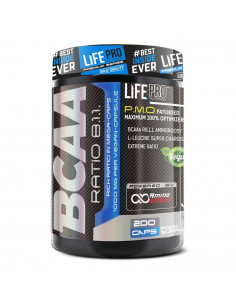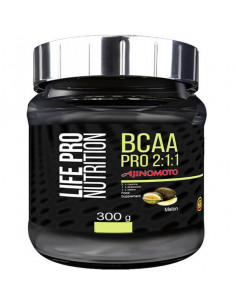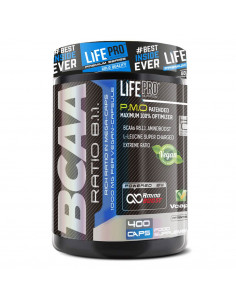Buy Amino Acids in Canarias Online
Buy amino acids in Canarias for your protein synthesis. Manufactured with the best raw materials.
What are Amino Acids?
The Amino acids are structures that make up the constitution of proteins, being these one of the three fundamental macronutrients. These help form the various tissues of the body, such as cells, muscle mass, etc. There are 20 different types with which they can be classified into two large groups: Essential Amino Acids and Non-Essential Amino Acids.
What is the difference between essential and non-essential amino acids?
The Essential Amino Acids are those that the organism is not capable of autoproducing by itself, therefore an external consumption is required through food or supplementation. These are: isoleucine, lysine, valine, leucine, methionine, phenylalanine, threonine, and tryptophan.
The Non-Essential Amino Acids are those that the body is capable of generating, although the external contribution can also bring various advantages in sports.
Supplements with Amino acids are easy and comfortable to carry out, providing great benefits such as: improvement in performance, protein synthesis, favoring an anabolic environment, improvement in the recovery process after training, etc.
When take amino acids?
During training: to provide the muscle with the necessary nutrients at all times and avoid the loss of muscle mass.
After training: to optimize the recovery process.

